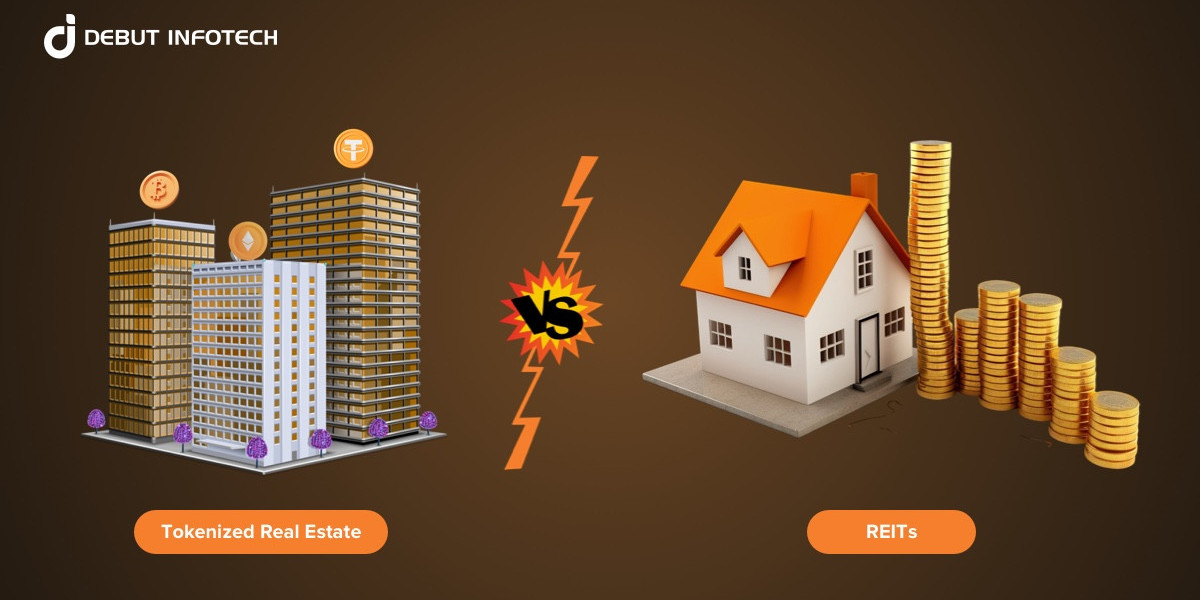Real Estate Investment Trusts (REITs) and tokenized real estate are two ways to invest in property, but they operate differently.
REITs are companies that own, operate, or finance income-producing real estate. When you invest in a REIT, you are buying shares in the company, not the physical property. REITs are traded on stock exchanges, offering liquidity and accessibility to investors. They are regulated and often required to distribute at least 90% of their taxable income as dividends, making them attractive for consistent returns.
Tokenized real estate, on the other hand, uses blockchain technology to divide a property into digital tokens. Each token represents fractional ownership of the actual property. This allows investors to directly own a portion of the asset. Tokenized real estate is not tied to the stock market, making it less volatile than REITs. It also provides greater flexibility, transparency, and global accessibility, enabling smaller investments.
When comparing REIT vs real estate tokenization, the choice depends on your goals. If you seek regular dividends and stock market exposure, REITs may suit you. However, if you want direct ownership, fractional investment, and access to blockchain benefits, tokenized real estate is the modern choice.
Both approaches offer unique opportunities to diversify your real estate portfolio, catering to different investor preferences.









